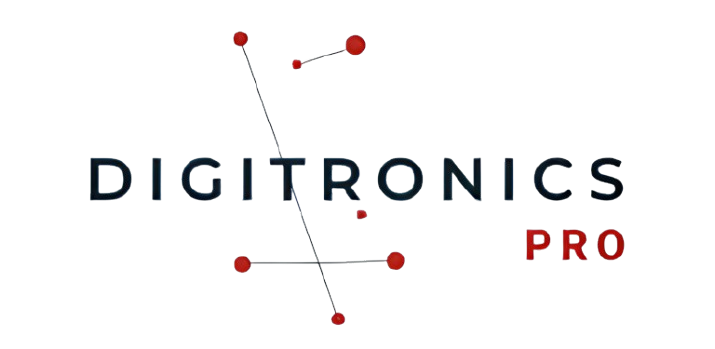Unprejudiced Diagnostics: The Promising Reality of GPT-4 AI
A New Era Of Equitable Treatment With AI:
In the ever-evolving landscape of digital healthcare, cutting-edge technology has revolutionized medical diagnoses, making them unbiased. GPT-4 is the latest advancement in conversational artificial intelligence. It has demonstrated remarkable accuracy in patient evaluation without succumbing to the pitfalls of racial and ethnic prejudices.
Exploring Uncharted Territory
Experts have scrutinized the accuracy and fairness of applying conversational AI, such as GPT-4, within clinical settings. Until lately, the potential of embedded biases within AI algorithms has remained unexplored. Even as these digital solutions gain traction within the healthcare sector.
Scientific Methodology Decoded
In a novel study, researchers utilized a series of 45 detailed medical scenarios. They aimed to examine the diagnostic prowess and triage advisement of the GPT-4 entity.
This analysis compared the decision-making proficiency of three expert physicians. It broadened insights into which entity could more accurately pinpoint diagnoses. It also recommended proper courses of action across emergency, non-emergency, and self-care focused care levels.
Navigating Limitations
The research acknowledged inherent limitations, due to the synthesized nature of the clinical vignettes. Real-world complexity could differ from these controlled scenarios, which may impact the conclusive validity of these findings. Additionally, the dynamic nature of conversational AI, with outcomes swayed by query construction. The study’s specificity to GPT-4 underlines the importance of cautious optimism.
A Step Towards Futuristic Healthcare
This revelatory study heralds a new era. It envisions a future where health systems embrace AI for efficient patient diagnosis and optimized triage processes. GPT-4’s unbiased diagnoses offer hope for an equitable healthcare framework, free from race and ethnicity biases, signaling positive progress.
Endorsing Continuous Vigilance
While the findings offer a sigh of relief regarding contemporary biases in medical AI, vigilance is imperative. The potential for change within AI, driven by fluctuating data inputs over time. This underscores the necessity for ongoing surveillance of AI-driven diagnoses to maintain neutrality standards.
Expert Insights
Dr. Yusuke Tsugawa, the visionary behind the study, along with his esteemed colleagues Naoki Ito, Sakina Kadomatsu, and others. They have collectively underscored the transformative potential of conversational AI like GPT-4 within the medical domain. Their efforts pave the way for more research and implementation. This reinforces the possibility of an unbiased, AI-powered future in healthcare diagnostics.
Source: https://www.uclahealth.org/

